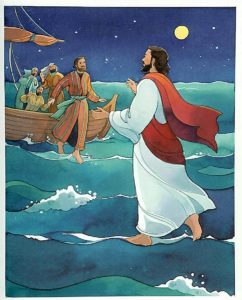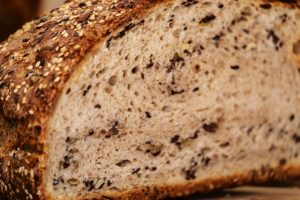Bible Study
Posts whose primary intent is Bible Study. There are four kinds of Bible study presented in this category of posts. The synopses below were generated by MS Copilot, based on the contents of each page.
Inductive
Topical/Thematic
Application
Reflective

Peace I leave you – My peace I give you.
Peace I leave you - My peace I give you. That's what Jesus said to His disciples. Sounds like an ...

If God is for us, who can be against us?
If God is for us, who can be against us? It's a question that sounds like the answer is "No ...

If you want to walk on water … expect a storm
If you want to walk on water … expect a storm. If you want to walk on water is the ...

Jesus healed a leper. Why was more required?
Jesus healed a leper. Why was more required? Do you remember? But if he was healed, why did Jesus tell ...

Who were the other two men on the crosses?
Who were the other two men on the crosses with Jesus? They were us. You and me. They were everyone ...

After you have suffered a little while
After you have suffered a little while. Who are we talking about? And what is a little while? Not to ...

God is our refuge and strength
God is our refuge and strength, an ever-present help in trouble. That's the verse of the day from YouVersion. Lots ...

Man shall not live on bread alone — True or False?
It was said, man shall not live on bread alone. Is that true or false? It is, of course, a ...

Apart from me you can do nothing
Apart from me you can do nothing. Have you heard that before? Do you know who said it? And if ...

Do not be afraid because of them! But who is “them”?
Said by both Moses and Jesus
Do not be afraid because of them! That might sound good. But who said it? Who was it said to? ...
